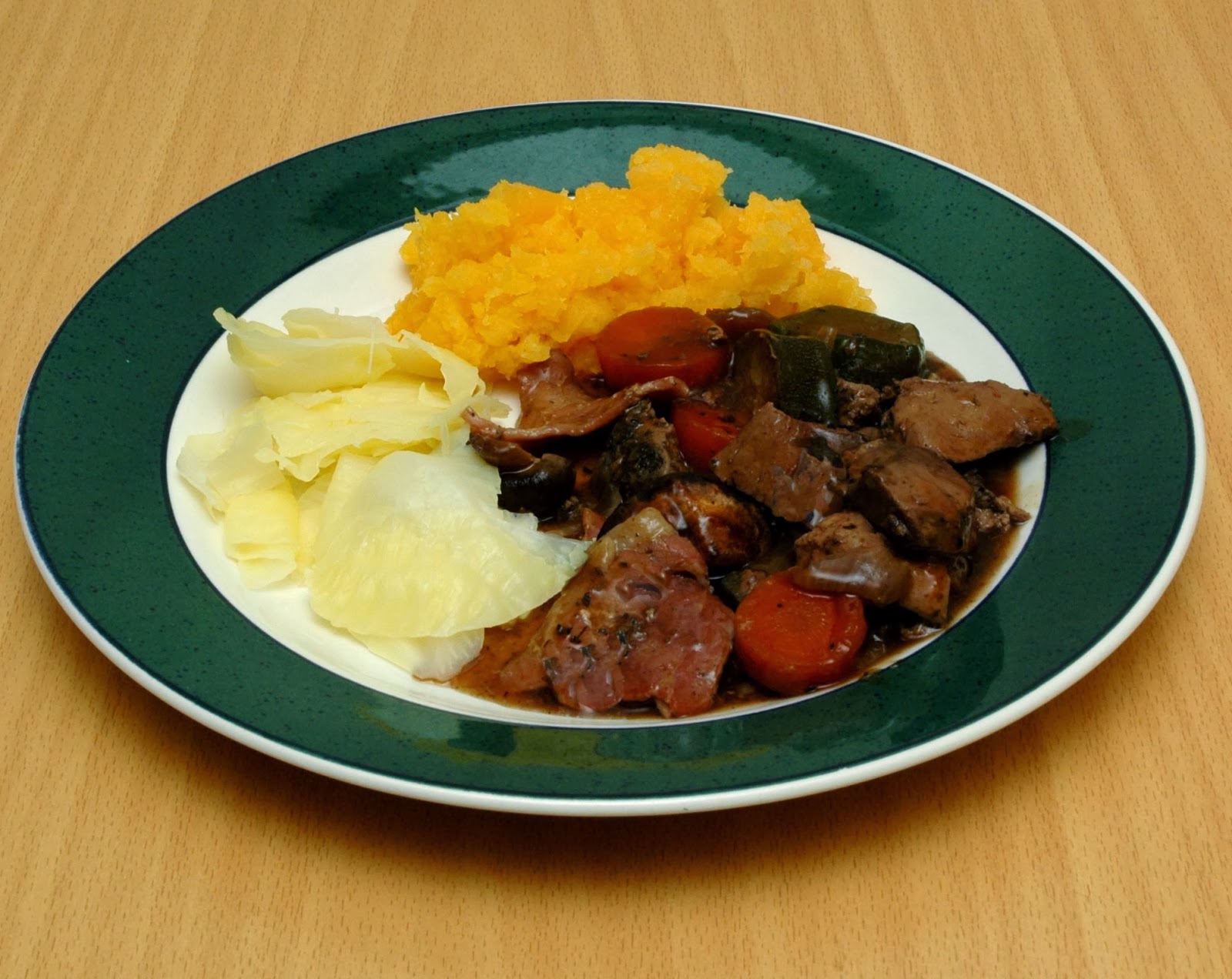Emma at The Diabetes Diet Blog has posted this article
"Money-Saving Tips for The Diabetes Diet
January usually means tightening the belt, money-wise. Is it possible to do a low-carb diet cheaply? Here are our money and energy-saving tips…
If you want to spend less, one area to look at is how much energy you use to cook. This is where crock pots and pressure cookers come in, as they use far less energy than the oven and hob.
I listened to a recent episode of The Kitchen Café on Radio Scotland, and MasterChef Professionals winner Gary McLean raved about pressure cookers. You can do a lamb stew in about twenty minutes, as opposed to two hours.
While a crock pot (slow cooker) works the opposite way, they are also much more energy efficient. As is the case with pressure cookers, food cooked the slow cooker way doesn’t move as much as it would when done on top of the stove. This results in vegetables that are less mushy. Recipes that work in both the pressure cooker and the slow cooker are ones that involve liquid, so soups, stews and curries are your best bet.
Pressure and slow cookers work well for cuts of meat that need lots of cooking, i.e. the cheaper cuts.
Poach, rather than boil eggs. If you want a hard-boiled egg, you’ll need to bring the water to a boil and then keep it simmering – something that can take ten minutes or more. Poached eggs, on the other hand, can be done by boiling water in the kettle, putting it on the stove and bringing it to the boil, adding your egg and turning off the heat immediately. Cover the pan, and your egg will be done in five minutes.
Buy your eggs at the farmers’ market – they are usually cheaper than the supermarket (for free-range eggs) and tend to come from hens that are treated better.
Eat liver. Chicken and lamb’s liver are very cheap, quick to cook and super nutritious. Chris Kresser calls it the most potent superfood.
Batch cook. If you batch cook, you can create plenty of tasty meals that can be stored in the fridge or freezer. Many American recipes, for example, tend to specify lots of portions. If you batch cook, you might use the oven for more than one recipe, which is more energy efficient. It also saves time. Do all your cooking in one go for the week, and then you just need to heat up meals.
Buy the bargains. If you shop later at night, you’ll pick up meat that is on its sell-by date. You can freeze it immediately or do your batch cooking afterwards.
Make the most of mince. Mince is a versatile ingredient, and it’s interchangeable. Turkey mince can take the place of steam mince in most recipes and vice versa.
Use your microwave. Microwaves vary greatly, but if you can work out how to use yours to cook fillets of fish, poach eggs or do slices of bacon, you’re laughing. Microwaves don’t need to be heated before they will cook food, making them one of the most energy-efficient ways to cook."
Please see original article with all relevant links here
https://diabetesdietblog.com/2018/01/17/money-saving-tips-for-the-diabetes-diet/All the best Jan











